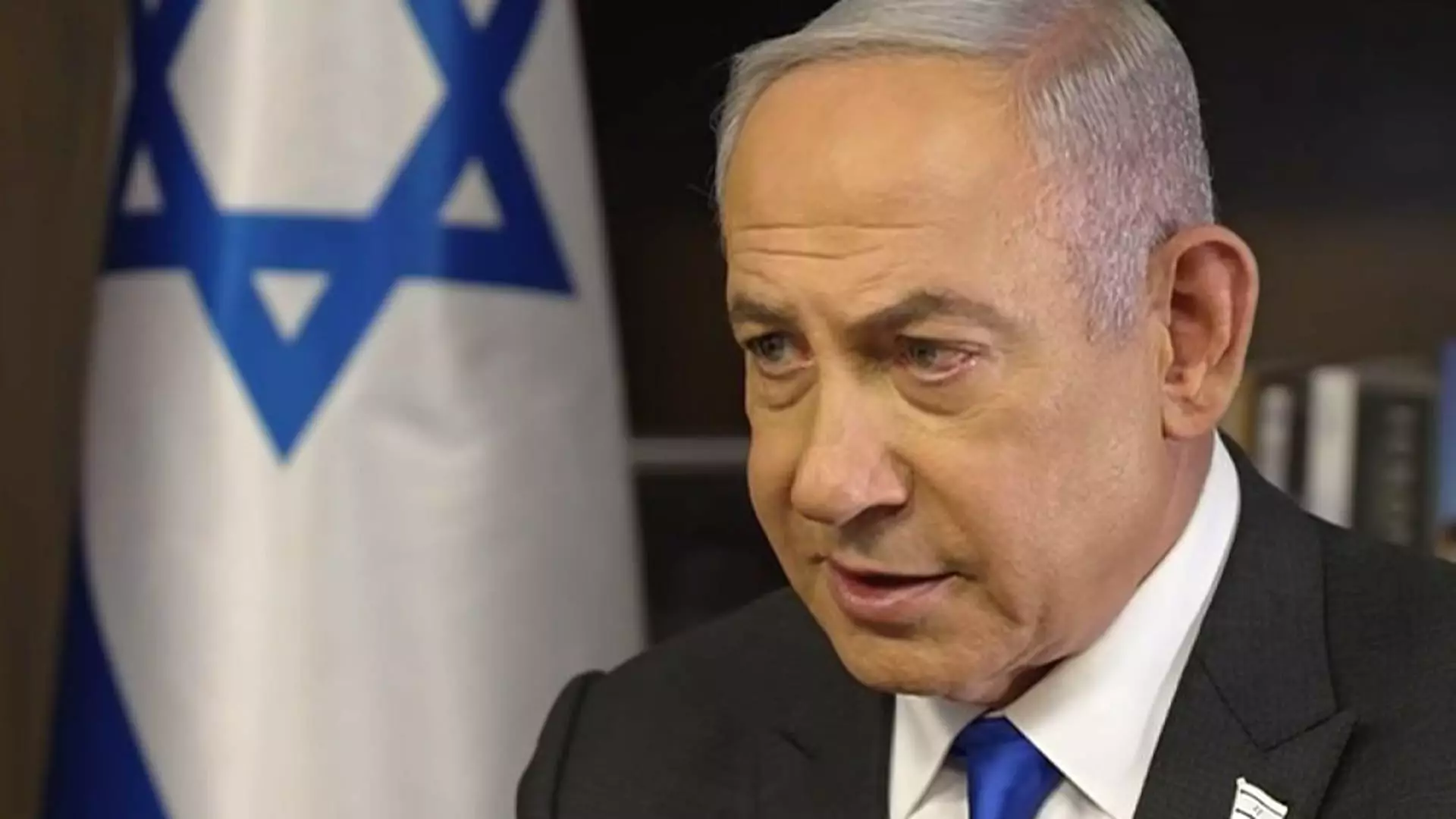Israeli Prime Minister Benjamin Netanyahu has been staunch in his defense of the military offensive in Rafah, Gaza. Despite acknowledging tensions with the U.S. over the operation, Netanyahu emphasized that it is necessary for the security and survival of Israel. He expressed the sentiment that sometimes tough decisions must be made in order to ensure the future of the nation, especially in the face of threats from groups like Hamas.
While Israel asserts that its conflict is specifically targeted against Hamas, the U.S. and other nations have raised concerns about the safety of Palestinian civilians in the crossfire. Human rights and aid organizations have highlighted the impact of the military campaign on the civilian population in Gaza, drawing attention to the humanitarian crisis unfolding in the region. The international community, including the EU, has called for an immediate halt to the military operation in order to prevent further displacement and suffering among civilians.
U.S. Stance and Diplomatic Efforts
U.S. Secretary of State Antony Blinken has made it clear that Washington cannot support a major military operation in Rafah without a credible plan to protect civilians. Diplomatic efforts are ongoing to find a resolution to the conflict and mitigate the humanitarian consequences of the violence. The U.S. has been engaged in discussions with Israel to address the concerns raised by the international community and seek a path towards de-escalation.
The conflict in Gaza has not only exacerbated tensions in the Middle East but has also had reverberations on a global scale. Israel’s military campaign has led to exchanges of fire with groups like Hezbollah in Lebanon and heightened tensions with Iran. The disruption of naval trade routes and uncertainties surrounding oil supplies from the region have created ripple effects in global markets. Additionally, the conflict has complicated efforts towards potential normalization of relations between Israel and Saudi Arabia, a goal that has been sought after by the U.S.
Looking Forward
As the conflict in Gaza continues to unfold, it is imperative for all parties involved to prioritize the well-being of civilians and work towards a peaceful resolution. The international community must ramp up efforts to provide humanitarian aid to those affected by the violence and push for a cessation of hostilities. Dialogue and diplomacy remain key in resolving the conflict and preventing further escalation that could have far-reaching consequences. It is essential for all stakeholders to come together to find a sustainable path towards peace and stability in the region.



Leave a Reply